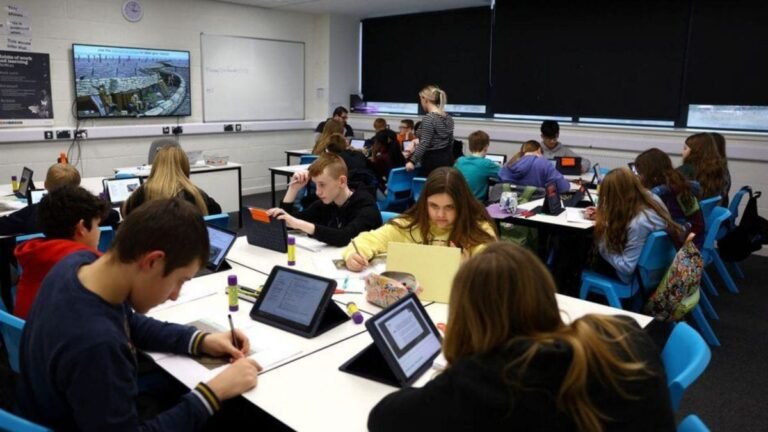Low education and unemployment among young people combine to create a mental health epidemic in the UK
There is a mental health crisis in the UK, with people in their early 20s more likely to be unemployed due to poor health than those in their early 40s, as they are less likely to have stable education.
The findings were revealed by the Resolution Foundation.
According to the report, guardian Citing official data, 34% of Brits aged 18 and 24 reported symptoms of a mental illness such as depression, anxiety or bipolar disorder in 2021-22.
This is alarming since the increase in this number from the previous year was 10 percent. In 2000, it was 24 percent. Additionally, young women were more at risk.
“While attention to this issue tends to focus on higher education, our greatest concern is when poor mental health is coupled with poor educational outcomes.” guardian Louise Murphy, senior economist at the Resolution Foundation, was quoted as saying.
The correlation between poor mental health and its economic manifestations was found to be most pronounced among young people not attending college, Murphy said.
According to the report, guardian79 per cent of people aged 18 to 24 who are unemployed due to poor health have a qualification below GCSE.
The study also notes that 12 percent of children aged 11 to 16 with poor mental health missed 15 or more days of school in the fall 2023 term. This number equates to 1 in 50 healthier children.
guardian Quoting Joe Bibby, director of health at the Health Foundation, he said: “Policy makers need to ensure that young people have access to the support they need and the tools to get through, through health promotion, including good employment and education. We need to focus on the components of The world as an adult. ”
“Without concerted action between governments, we risk creating a ‘lost generation’ of poor health.”
The study also found that the learning outcomes of 11- to 14-year-olds with poor mental health were negatively affected. Such children were three times more likely to fail five key subjects in the General Certificate of Secondary Education (GCSE), such as maths and English.
Research shows that in 2022, 40% of 18- to 24-year-olds with a mental health problem will be working in low-paying jobs, compared to 35% of healthy people. Similarly, a third of young people with mental health problems and without a degree are unemployed, compared to 17% of graduates with the same mental health problems. That’s a very low number.


